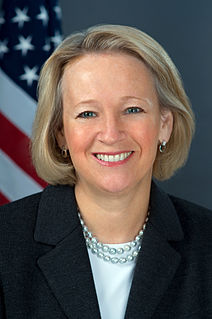A Quote by Jose Angel Gurria
Governments can and do expropriate investors or discriminate against them. Domestic judicial and administrative systems provide investors with one option for protecting themselves.
Related Quotes
Most investors are pretty smart. Yet most investors also remain heavily invested in actively managed stock funds. This is puzzling. The temptation, of course, is to dismiss these folks as ignorant fools. But I suspect these folks know the odds are stacked against them, and yet they are more than happy to take their chances.
Too often, investors are the target of fraudulent schemes disguised as investment opportunities. As you know, if the balance is tipped to the point where investors are not confident that there are appropriate protections, investors will lose confidence in our markets, and capital formation will ultimately be made more difficult and expensive.
State funds, private equity, venture capital, and institutional lending all have their role in the lifecycle of a high tech startup, but angel capital is crucial for first-time entrepreneurs. Angel investors provide more than just cash; they bring years of expertise as both founders of businesses and as seasoned investors.
I believe that good investors are successful not because of their IQ, but because they have an investing discipline. But, what is more disciplined than a machine? A well-researched machine can make many average investors redundant, leaving behind only the really good human investors with exceptional intuition and skill.
Investors have to remember: corporate profits are going up, but stocks are going up faster. How can that continue indefinitely? Investors can only earn what companies themselves can earn; the government or the markets themselves don't kick anything in. How can you get anything more out of a farm than what it grows?


































